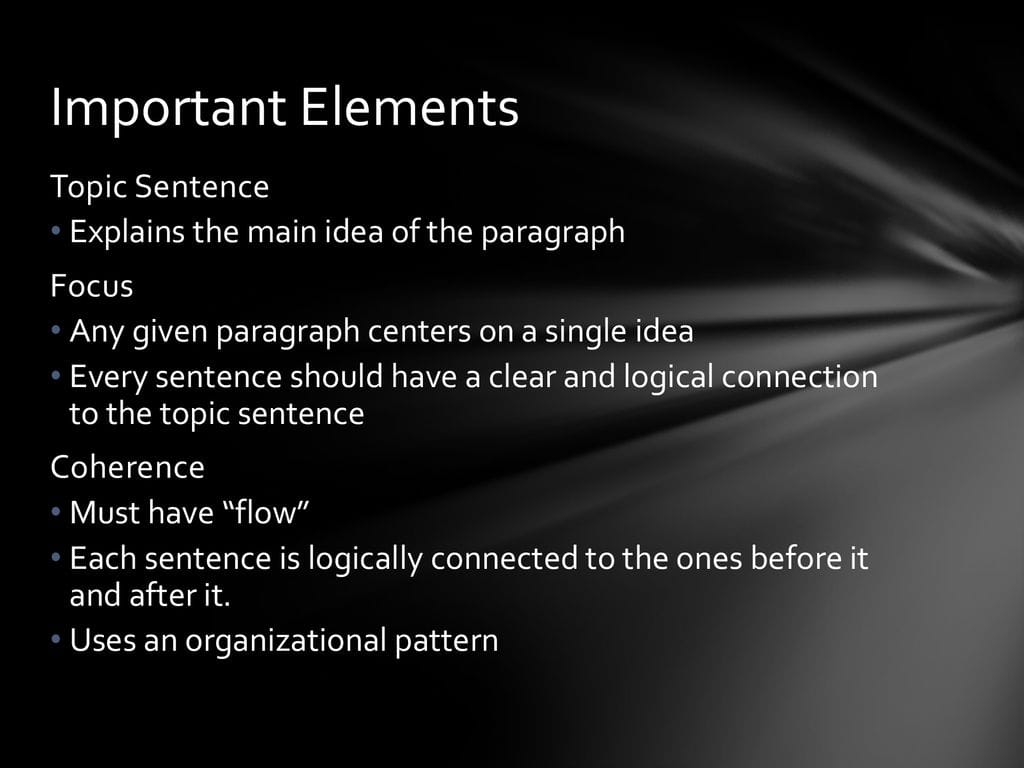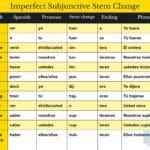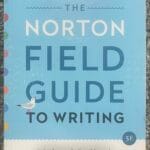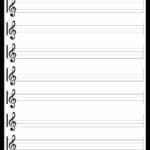Ever feel like your writing could use a little liposuction? Like it’s carrying extra weight it doesn’t need? This guide is your personal trainer for sentences, showing you how to spot and eliminate wordiness for leaner, more powerful prose.
Streamlining Your Sentences: Spotting and Cutting the Fluff
Have you ever read a sentence that felt like a marathon? That’s likely wordiness at play. It makes readers reread, slowing them down and diluting your message. If you’re wondering which sentence needs revision, it’s probably the one making you work the hardest.
Identifying Wordiness: Telltale Signs
Wordiness can be sneaky. Some common signs include:
- Excessive Length: Sentences sprawling across multiple lines often harbor unnecessary words.
- Jargon Overload: Technical terms can create confusion, especially for a general audience.
- Redundancy: Phrases like “past history” or “final outcome” repeat information.
- Weak Verbs and Passive Voice: Constructions like “The ball was thrown by John” lack the punch of “John threw the ball.”
- Filler Words: “Very,” “really,” and “actually” often add little meaning.
A Practical Guide to Concise Writing
Think of revising for conciseness as pruning a garden. You’re cutting back the overgrowth to reveal the healthy core.
Step 1: The Elevator Pitch: If you had seconds to convey your sentence’s main point, what would you say? This helps you prioritize essential information.
Step 2: Redundancy Removal: Hunt down phrases like “past history” and replace them with the single word “history.”
Step 3: Energize Your Verbs: Active voice (“John threw the ball”) is typically more direct and concise than passive voice (“The ball was thrown by John”).
Step 4: Weed Out Fillers: Eliminate words like “very,” “really,” and “basically” that don’t contribute substantial meaning. “Very good” becomes “excellent.”
Step 5: Simplify Language: Choose straightforward words over complex ones. “Utilize” can simply be “use.”
Real-World Examples: Before & After
Let’s see these steps in action. The wordy sentence “It is important to note that in the majority of instances, excessive verbiage can have a detrimental effect on the overall clarity of the written communication” transforms into the concise “Excessive wordiness harms clarity.” Here’s a table with more examples:
| Wordy Sentence | Concise Sentence |
|---|---|
| Due to the fact that it was raining, the game was postponed. | Because it rained, the game was postponed. |
| It is generally considered to be true that practice makes perfect. | Practice makes perfect. |
| In the event that you are late, please inform us. | If you’re late, please inform us. |
| At this point in time, we need to make a decision. | We need to decide now. |
| She is of the opinion that the report is inaccurate. | She believes the report is inaccurate. |
Why Conciseness Matters
Concise writing saves readers time, improves clarity, and can even make you appear more credible. Some studies suggest it boosts perceived intelligence. Ever wondered what principle underlies cognitive behavioral therapy? Concise communication is key there too.
Sharpening Your Writing: Advanced Techniques for Conciseness
Beyond the basics, several techniques further enhance conciseness.
Snipping Out the Fluff
Filler words like “basically,” “actually,” and “kind of” often weaken sentences. “In order to eat” becomes “to eat.” Small changes lead to big improvements.
Redundancy Removal Revisited
Be vigilant for redundancies like “free gift” or “final outcome.” Opt for “gift” and “outcome.” This strengthens your writing and showcases precision.
Qualifiers: Use with Caution
Qualifiers (“very,” “really,” “quite”) can sometimes dilute your message. Instead of “very big,” consider “massive” or “immense,” depending on the context.
Combating Logorrhea
Logorrhea, the overuse of words, can obscure meaning. Focus on the core message: What are you really trying to say? Imagine sending a telegram—every word counts.
Active Voice: Your Secret Weapon
Active voice makes writing dynamic. “The cat chased the mouse” is clearer and more concise than “The mouse was chased by the cat.”
Structuring for Success
Outlining before writing prevents rambling and maintains focus, leading to greater conciseness. Well-structured paragraphs and sentences enhance readability.
The Ripple Effect
Concise writing isn’t just about fewer words; it’s about maximizing impact. It eases cognitive load, enhances persuasiveness, and creates a more inviting reading experience.
Concise Computer-Generated Speech: Refining Digital Voices
The principles of concise writing also apply to computer-generated speech. Let’s examine how to streamline sentences delivered by a computer.
Identifying Wordiness in Digital Speech
Wordiness in computer speech sounds robotic and unnatural. The first step is pinpointing the excess.
Removing Redundancies in Computer Speech
Redundancies like “past history” are even more jarring in spoken language. Eliminate them for a smoother delivery.
Active vs. Passive: Energizing Digital Voices
Active voice invigorates computer-generated speech. “The computer delivered the speech” sounds more natural than “The speech was delivered by the computer.”
Qualifiers: Less is More for Digital Clarity
Too many qualifiers muddy computer-generated speech. “Very important” could be “crucial,” enhancing impact.
Example: Slimming Down a Digital Speech
The sentence “The speech that the computer program delivered concerning the subject of artificial intelligence advancements was both extremely informative and highly entertaining” becomes “The computer program gave an informative and entertaining speech on AI advancements.”
Ongoing Research in Natural Language Processing
Research in natural language processing aims to enhance computer-generated speech, making it more concise and human-like. While there’s debate about whether computers can truly emulate human nuance, advancements continue.
Practicing Conciseness: Honing Your Digital Ear
Regular practice will help you identify and refine wordiness in computer-generated speech, making it more engaging and effective.
“Movable Wings”: A Case Study in Conciseness
The phrase “movable wings” itself can be a case study in wordiness. The word “wings” usually implies movability. However, context matters.
Contextual Considerations
While “movable wings” is often redundant, sometimes the context makes it necessary. For example, if a robot bird’s wings were previously broken, “movable wings” becomes significant, highlighting a regained capability.
Examples: Movable Wings in Context
- Wordy: The hummingbird flapped its movable wings. (Redundant—wings are generally movable.)
- Concise: The hummingbird flapped its wings.
- Wordy: The mechanic inspected the airplane’s movable wings. (Redundant unless the wings were previously immobile.)
- Concise: The mechanic inspected the airplane’s wings.
- Necessary: After repairs, the drone’s movable wings allowed it to fly again. (Here, “movable” emphasizes the restored function.)
Identifying Redundancies: A Toolkit
Use these tools to identify and eliminate wordiness:
- Redundancy Radar: Look for phrases where one word implies the other. “Red in color” is simply “red.”
- Active Voice Activation: Prioritize active voice.
- Filler Word Filter: Remove unnecessary words like “basically” and “just.”
- Nominalization Nabber: Turn nouns back into verbs: “make a decision” becomes “decide.”
- Sentence Slimmer: Combine related sentences.
Nuance and Deliberate Choices
While conciseness is valuable, context always matters. Sometimes a longer phrase serves a purpose. Be mindful of your choices and explore further linguistic concepts to enhance your understanding.
| Wordy Phrase | Concise Revision |
|---|---|
| red in color | red |
| future plans | plans |
| completely finished | finished |
| advance warning | warning |
| at this point in time | now |
By applying these techniques, your writing will become clearer, more impactful, and more engaging for your readers.
- 1 Liter to Fluid Ounces: Easy Conversion Guide - April 9, 2025
- Unlock what is the seventh month: A Cross-Cultural Calendar Guide - April 9, 2025
- Discover White Fruits: Ultimate Guide to Taste & Nutrition - April 8, 2025

















1 thought on “Which Sentence Needs a Trim? A Practical Guide to Reducing Wordiness”
Comments are closed.